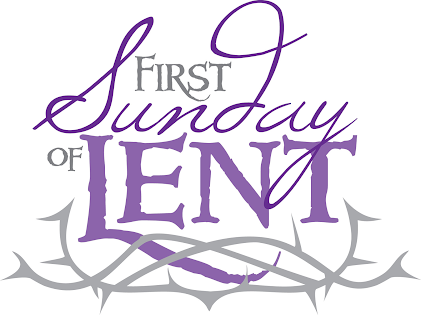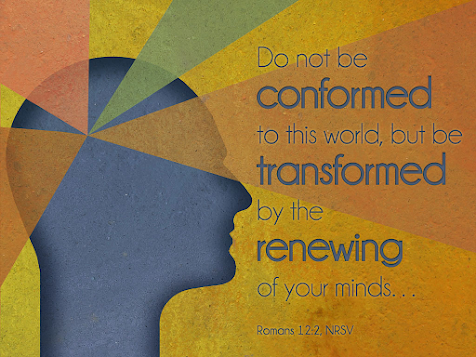Lent 1- The Temptation to Sin

Genesis 2:15-17; 3:1-7; Psalm 32; Romans 5:12-19; Matthew 4:1-11 The liturgical seasons generally reflect on the life of Jesus. During Lent we focus on Jesus fasting for 40 days in the wilderness in preparation for his ministry. In the early church, adults who were preparing to be baptized on Easter spent time in intense spiritual preparation. As they prepared for their new life as Christians, they would focus more intensely on disciplines like prayer, fasting, study, generosity, service, and renunciation of sin. … Christians (who were already baptized) realized that it was helpful to join those who were preparing for baptism at Easter, so they could re-dedicate themselves to Christ through a time of self-evaluation and spiritual discipline. This turned into the season of Lent. As Lent ends, at the Easter Vigil, a renewal of baptismal vows is a part of that service. We are blessed today to also have a baptism. So, as these baptismal vows are made over Zachary today, as we begin o...





